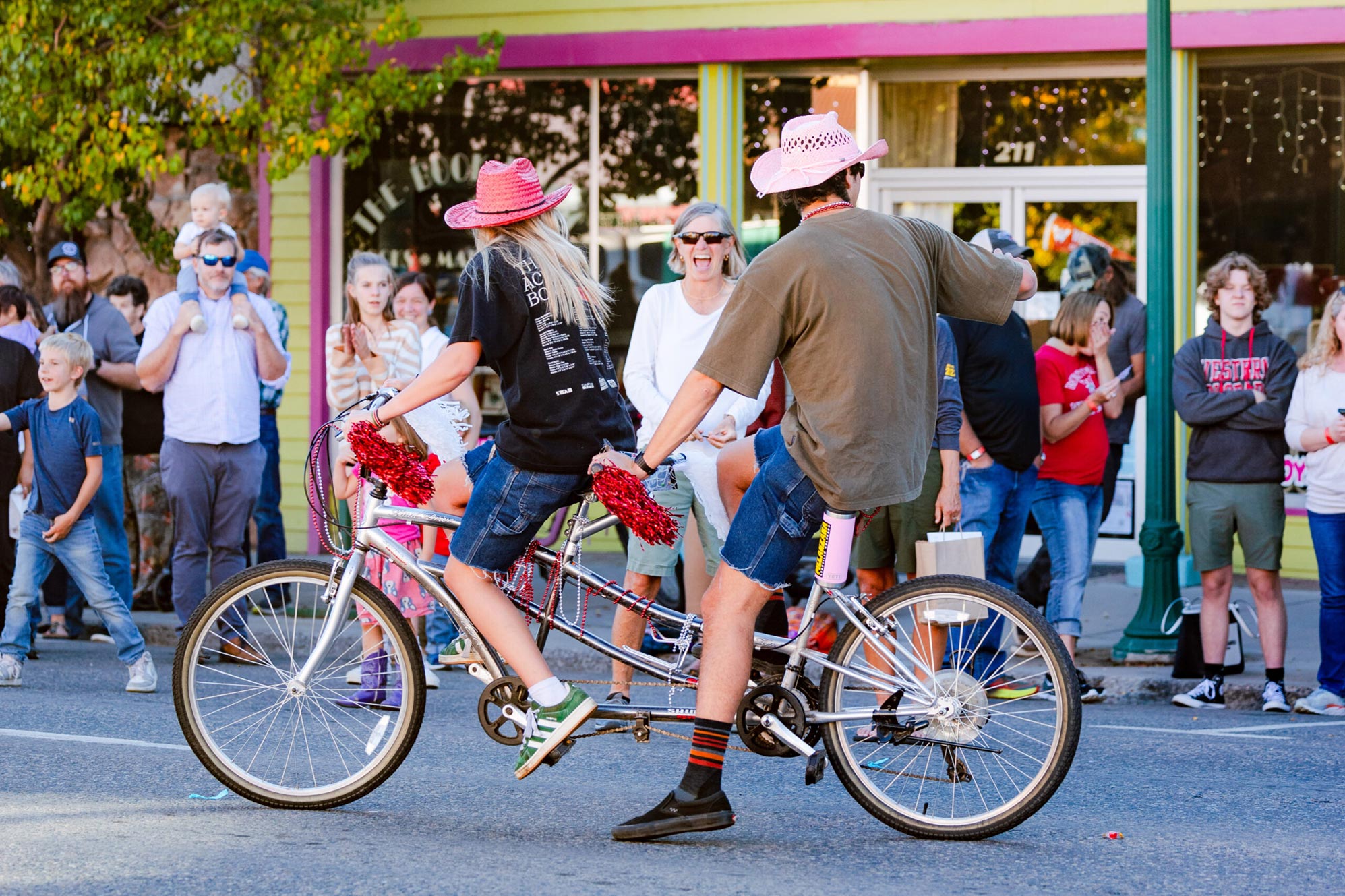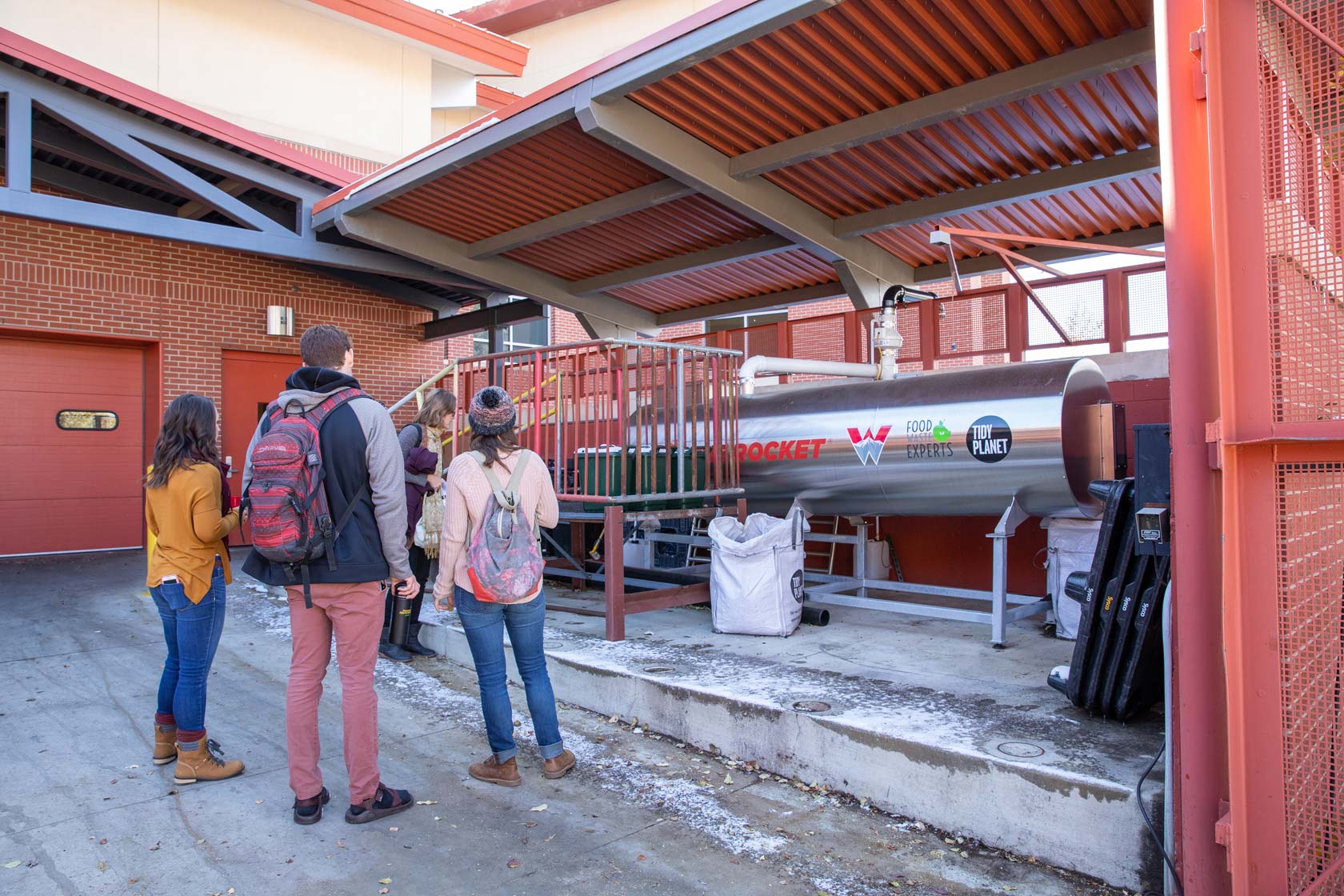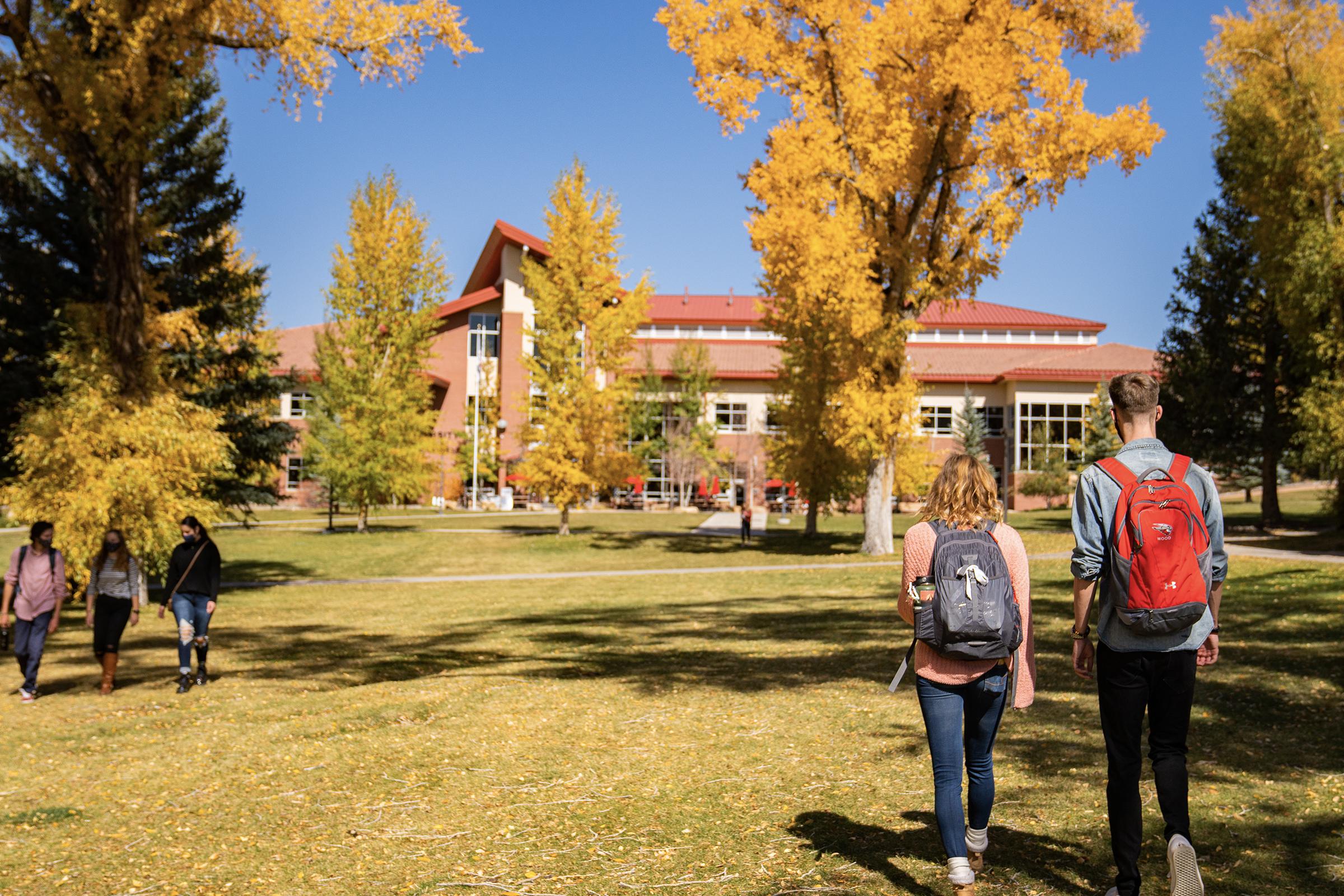Western utilizes single-stream recycling through Waste Management for our general campus recycling program. Through this, we are able to recycle the following materials:
Materials Accepted:
- Aluminum food and beverage containers, Glass food and beverage containers – brown, clear, or green, Ferrous (Iron) cans
- PET plastic containers with the symbol #1 – with screw tops only, without caps
- HDPE natural plastic containers with the symbol #2 – narrow neck containers only (milk and water bottles)
- HDPE pigmented plastic containers with the symbol #2 – narrow neck containers only, without caps (detergent, shampoo bottles, etc.)
- Plastics with symbols #3, #4, #5, #6, #7-narrow and screw top containers
- Newsprint
- Old corrugated cardboard
- Magazines
- Catalogs
- Cereal boxes
- Telephone books
- Printer paper
- Copier paper
- All other office paper without wax liners


